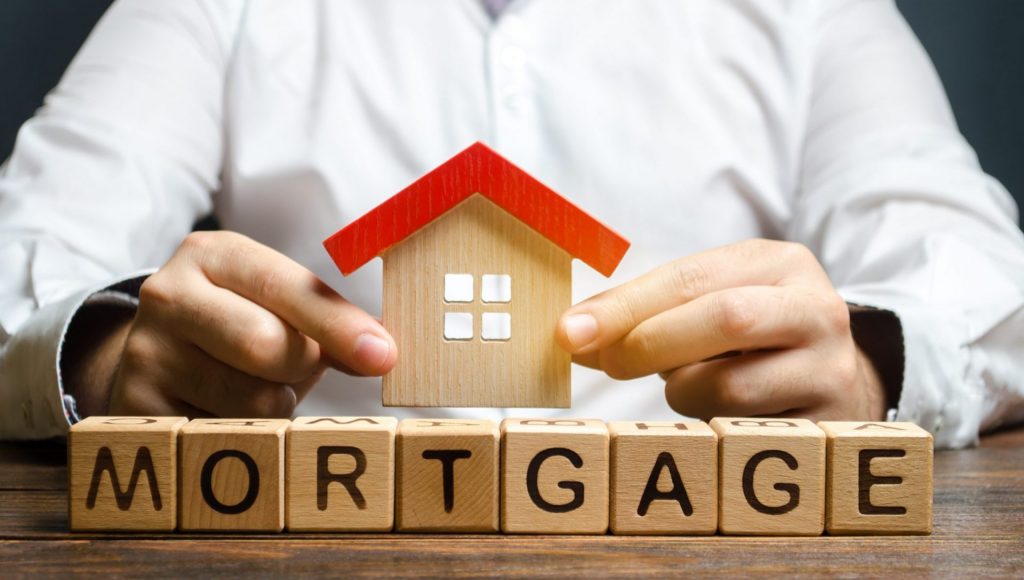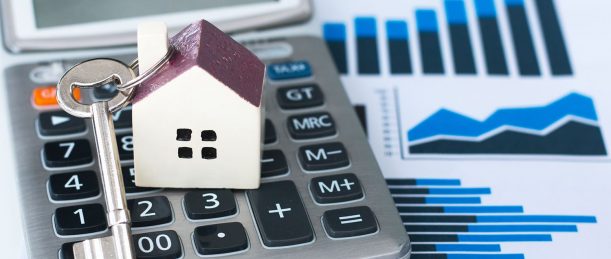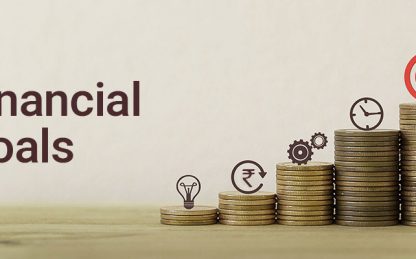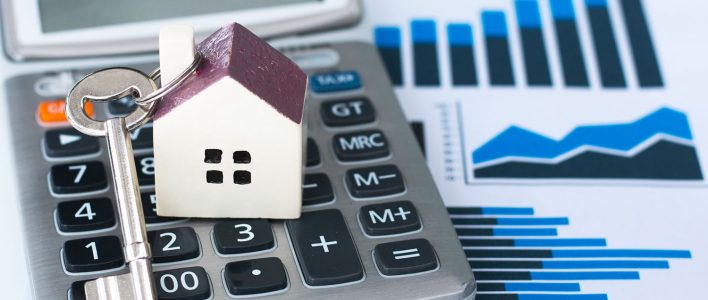
Pay Down Mortgage or Invest More?
Is it better to pay down your mortgage or invest more? I tend to go back and forth about this – I don’t like having a mortgage but I do like having an increasing dividend stream. And in a crisis, my investment portfolio can be sold but the equity from paying down my mortgage is harder to get at. My current plan is to invest all spare money after monthly living expenses and savings into dividend stocks in my taxable account rather than make a concerted effort to pre-pay the mortgage. But does this make sense? Let’s take a look.
Status Quo
My current monthly mortgage payment is $1,500 including $300 escrow for taxes. it’s a flat-rate 30 year mortgage that has just reached its one year birthday. I pay home insurance separately on my credit card to earn additional credit card rewards, so that’s not part of my mortgage payment. I do pay a small amount of additional principal each month since I round the total mortgage amount to the nearest $25.
My interest rate is 4.375% which is fixed for the life of the loan, so I’m not affected by interest rate fluctuations. I missed out on the really cheap rates, but it’s not high enough to consider re-financing.
Aside from the small additional principal payment above, I put some of my savings into an investment fund that I will use to pay-off the loan earlier in one lump sum. I’ve chosen the Vanguard Wellington (VWELX) fund for this – it’s a mixture of 66% stocks and 33% bonds with a low expense ratio of 0.26%. It’ll be over 5 years before I’ll be in a position to pay-down the mortgage, so I’m okay with the risk on this fund and it’s more tax efficient than a pure bond fund.

Paying down the mortgage – the good
So in paying off the mortgage early, I wouldn’t have a mortgage payment any more which means I wouldn’t have any debt. I would also have increased cash-flow each month that I could then re-invest. Plus in paying the mortgage early, I’d save a lot of interest charges since I wouldn’t have paid as much interest on the mortgage.
What’s not to like??
Paying down the mortgage – the bad
On the other hand, one disadvantage to paying down my mortgage early is that I wouldn’t be able to invest as much money to increase dividend income. And I’d lose some tax deductions from the interest charges on the mortgage.
I’d also lose some benefits of inflation which for once, is working in my favor over the life of the loan. $1,500 in 29 years’ time will be a much smaller percentage of my income than it is now due to cost of living income increases.
Dividend income estimates with current mortgage payment
So to do a comparison about the effect of pre-payment, here’s my high-level estimate of my income and dividend income until I’m 70. There are lots of assumptions here obviously, but in general I’m assuming that:
- I’ll gain a modest 2% yearly salary increase.
- My dividend income will be an average of 3% of my portfolio
- Because of my (future) mad frugality skills, I’ll only need to increase my living expense budget by 0.5% each year.
- I’ll increase the yearly amount of my savings by 1% each year.
- I’ll add all spare money to my investment portfolio (i.e investments = net income – savings – living expenses)
Here’s my estimation based on the above assumptions
Sorry for the mass of numbers; the budget column in the table above is the yearly summation of living expense plus house payment (mortgage) plus pre-payments (additional mortgage payments).
The table shows that I’ll finish my mortgage in 2033, after which I’m just paying property tax monthly. It also shows that I won’t achieve FI until 2035 which is when the yearly dividend income exceeds the yearly budget. I end up paying about $380,000 in costs for the house – this number excludes the property tax amount
Paying down my mortgage with an extra $1,000 per month
The pre-payment calculations come out as
As expected, the mortgage is finished earlier, this time in 9 year’s time in 2023. The additional $12,000 a year in mortgage principal payments reduce my available money for income investing which in turn reduces the dividend income. However in 2024, with no mortgage payments, I could increase the investing amount to compensate.
The cost of the house excluding property taxes is around $326,000 – a saving of over $50,000 from not paying my mortgage down.
But what about the dividends?
So here’s the funny thing that surprised me as I was expecting to see much higher dividend income by paying the loan earlier.
There’s almost no difference in the final amounts; yet the early payment scenario showed a $50,000 savings in cost. I think it comes down to the compounding income – there’s a nearly 20 year period where the dividend income is compounding that the additional capital starting in 2024 takes a while to catch up with. Then in 2033, the two scenarios become identical since the mortgage is paid off and in the projections I’ve made; the portfolio value is about the same in both cases in 2033.
Pay-down mortgage or invest?
So for the moment, I’m going to invest. I see no reason to change my current plan of putting money aside to invest and save, even if I’m not able to achieve the 4.375% return that my mortgage loan has. I’m going to continue to monitor this though and will re-review if a significant change to income or interest rates occurs.
Obviously this isn’t a one-size-fits-all analysis and there are many factors involved, including the psychological cost of being in debt or the freedom value in being debt-free. But I’m more relaxed about the choices I’ve made after doing this analysis.
Final thought
Another alternative that I do want to explore later is to ‘re-cast’ or ‘re-amortize’ my mortgage. Normally when you pay down the mortgage, you shorten the life but the monthly payment remains the same. Re-casting the mortgage is where the bank re-calculates the monthly payment by spreading your remaining principal over the life of the loan. So the monthly payment is reduced but you pay it over the original life of the loan. This is cheaper than refinancing since it’s not a new application although only some mortgage types allow this option. But it could be a way to free up some cash-flow for more investing.
Quote of the day
You wake up one day and you realize that all these years have gone by and I have this mortgage and I have this couch and I have this life and… is this going to be my prison?










